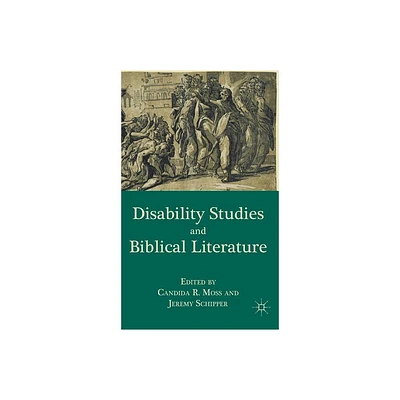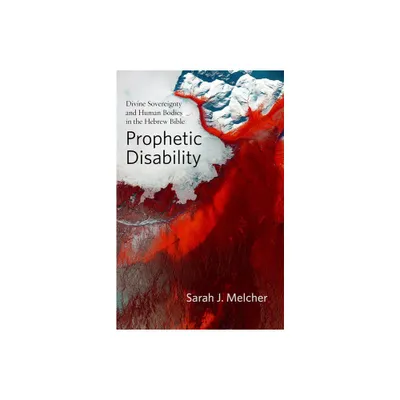Home
Vulnerable Bodies: New Directions Disability Studies
Loading Inventory...
Barnes and Noble
Vulnerable Bodies: New Directions Disability Studies
Current price: $54.99


Barnes and Noble
Vulnerable Bodies: New Directions Disability Studies
Current price: $54.99
Loading Inventory...
Size: Hardcover
*Product Information may vary - to confirm product availability, pricing, and additional information please contact Barnes and Noble
This book offers new direction in disability studies, by integrating the medical and social model of disability. The first aim is to provide an integral approach to thinking about impairment and disability through the integrative lens of being vulnerable. The second aim is to transcend the normative trap which impairment and disability debate finds itself locked in.
Disability debate is trapped in a normative struggle to escape oppressive norms. Either, by legitimizing the desire to be free from impairment, where a legitimization identity is promoted through the medical model. Or, by resisting discriminative social norms, where the desire is to be free from oppressive social barriers that exist on top of having impairment. Identifying with one’s vulnerability, or embodied uncertainty, allows for the possibility of forging meaning and building new identity. It allows freedom to express embodied difference, rather than to transform or defend it.
Disability debate is trapped in a normative struggle to escape oppressive norms. Either, by legitimizing the desire to be free from impairment, where a legitimization identity is promoted through the medical model. Or, by resisting discriminative social norms, where the desire is to be free from oppressive social barriers that exist on top of having impairment. Identifying with one’s vulnerability, or embodied uncertainty, allows for the possibility of forging meaning and building new identity. It allows freedom to express embodied difference, rather than to transform or defend it.

















